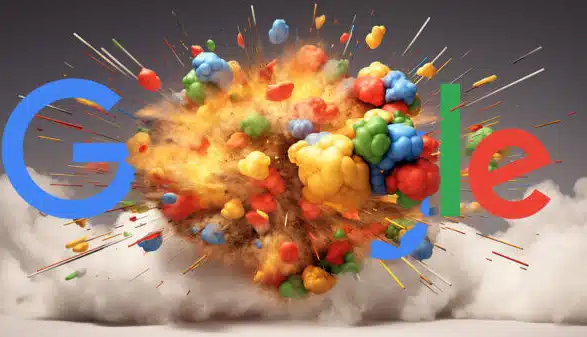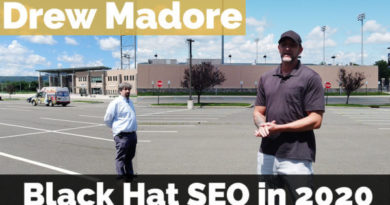Experience a key factor during Google algorithm updates, analysis finds
An analysis of 50 sites finds strong correlations between features found on websites and Google algorithm update winners and losers.
Websites using first-person pronouns, first-hand experience and a cookie consent banner were more likely to see positive visibility gains during Google updates, according to a new correlation study from Zyppy SEO.
Meanwhile, fixed footer ads and fixed video ads were two features that were potential reasons for a website to be negatively impacted.
Why we care. Credibility and experience are becoming increasingly important elements of SEO, in my opinion. As the analysis by Cyrus Shepherd put it brilliantly, “everything in SEO connects to everything else.” This doesn’t mean you’ll always win for every keyword you want, but inspiring trust will greatly increase the odds in your favor.
Google update winners. Five websites features had a “strong” correlation among winners during Google algorithm updates:
- Usage of first-person pronouns (e.g., “me,” “I,” “we”). This was based on analyzing the first 1,000 words of text.
- Demonstrated first-hand experience. This was done either via description within the text or unique imagery or video content.
- Display of a cookie consent banner.
- Contact information appeared in the footer.
- Contact information appeared somewhere on the page but not the footer.
Google update losers. Twelve website features had a “very strong” or “strong” correlation among the winners of Google updates during the same time period:
- Having fixed ads in the footer that scrolled with the user.
- Having fixed (auto-play) video ads.
- Usage of stock imagery. This one seems to fall into the “correlation is not causation” category.
- The total number of image and video ads appearing (one loser had a whopping 38 ads).
- Usage of push notifications.
- Presence of a “large navigational menu at the top of the website, usually expandable, containing a large number of links.”
- A logo was missing or hidden.
- A search function appeared in the footer.
- No contact information appeared on the page.
- Usage of a mega menu anywhere on the page.
- Presence of affiliate links.
- Had a link to a privacy page.
What these all have in common? It call comes back to experience and, ultimately, credibility. These all relate back to content creators demonstrating their own expertise or the website providing a great user experience.
- Google wants to reward sites that excel in both areas. And yes, we all know Google is not perfect and there are many legit concerns about the quality of Search right now. Search remains an “unsolved problem,” as ex-Googler Marissa Mayer once put it.
About the data. This is a small sample size (50 websites), based on Ahrefs estimates, during a particular volatile period of Google (August to December 2023). Also, correlation is not causation.
Features, not factors. Also, just to be clear, this report does not call any of these website features direct “ranking factors” or “ranking signals.” While the results are interesting, they are not definitive proof that these individual website features could be credited or blamed for any Google Search visibility gains or losses.



